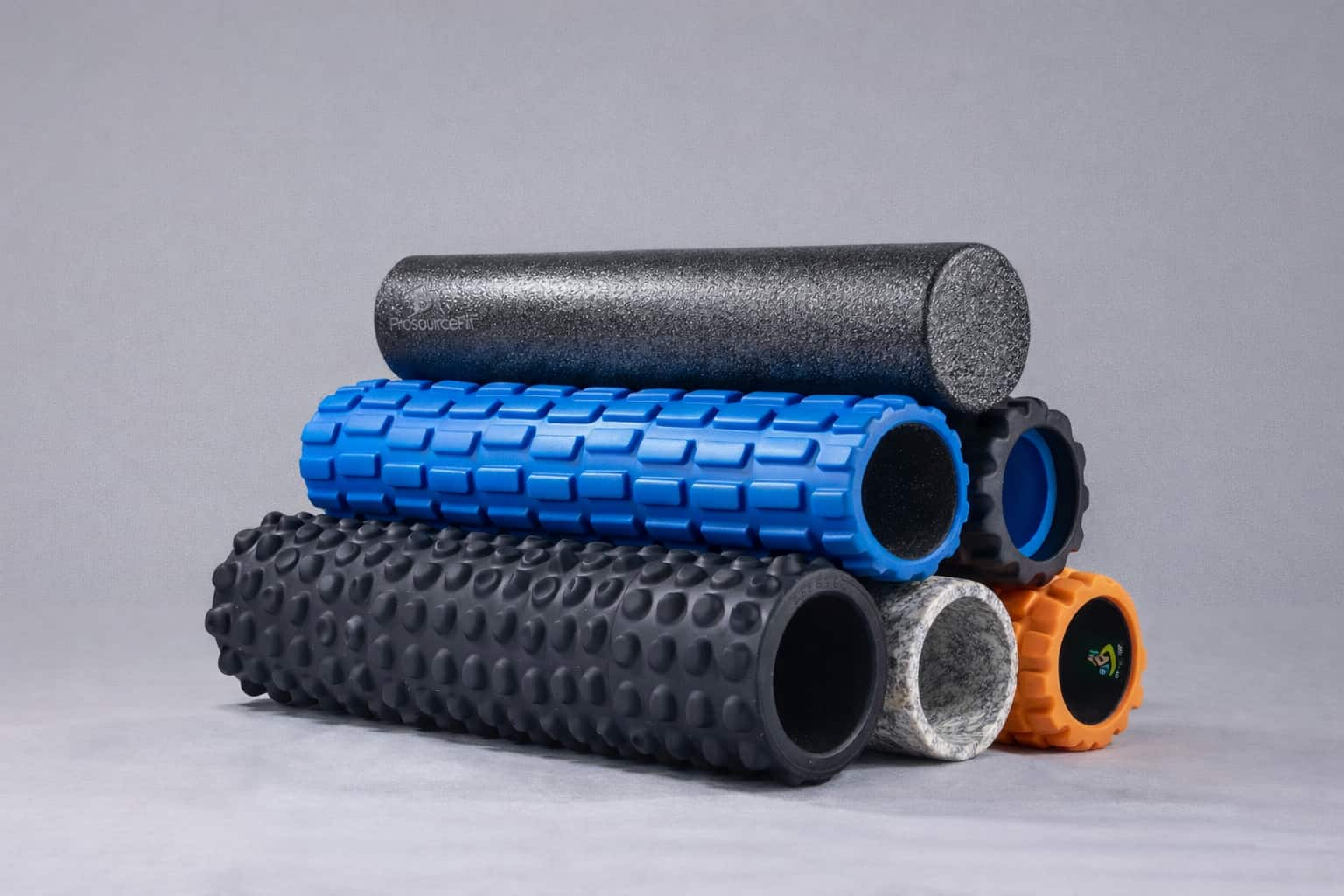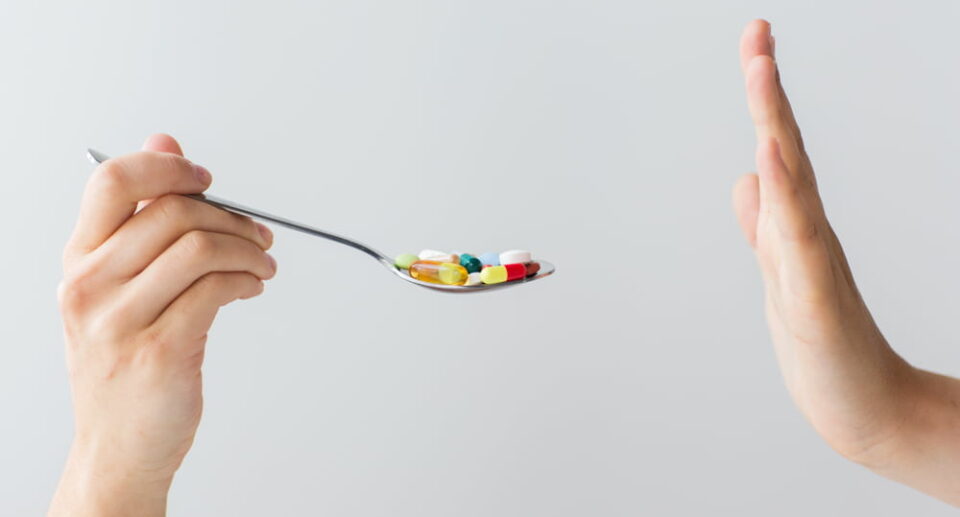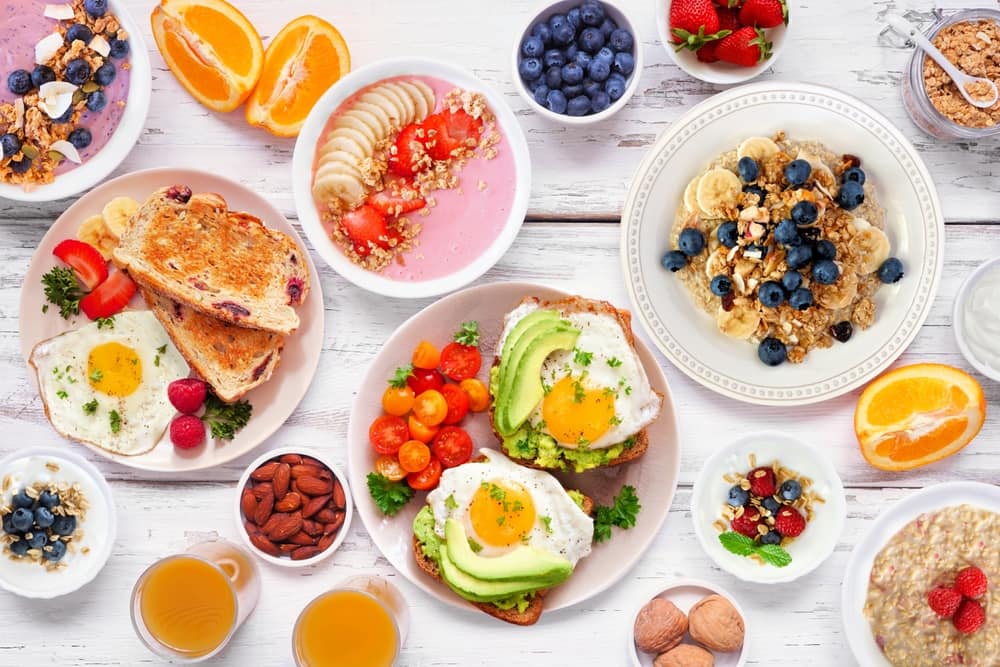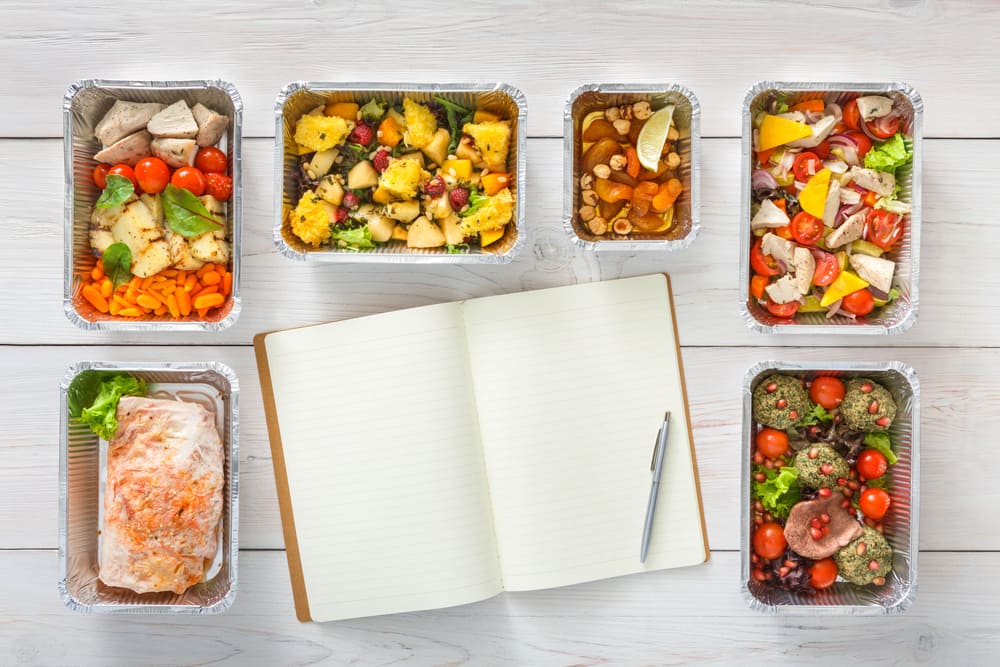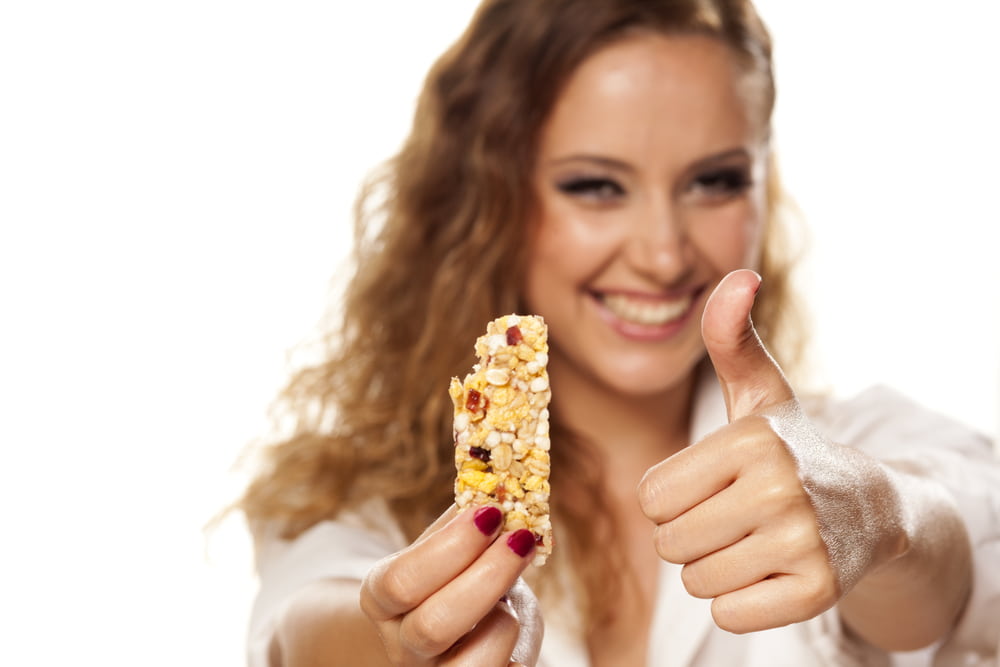Soft food diet ideas
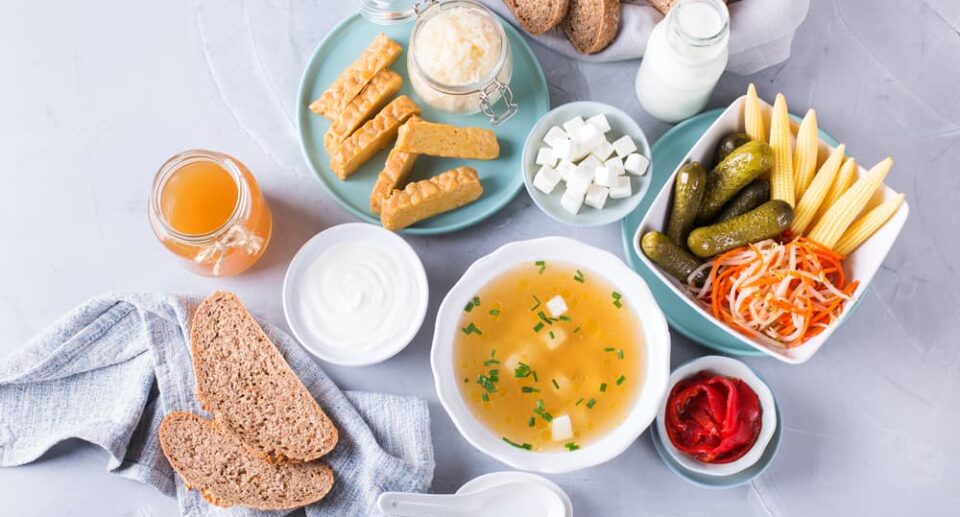

Soft food diet ideas is essential for those of us who have dental problems, have had dental surgery, or have difficulty chewing. Soft food is easy to chew and swallow and also contains essential nutrients. For those who have trouble swallowing, many older people have difficulty swallowing and can eat soft food. In your recovery stage from a dental extraction, addressing irritable bowel syndrome problems, or just finding senior citizen-friendly dishes, we assist you in exploring the ideal options for soft food. We will discuss the best food combinations and which way of preparation should be used so that your soft diet will be without any restrictions.
“Soft diets are recommended to reduce mechanical stress on the digestive system and promote healing, especially after surgery or dental procedures.”
— Journal of Clinical Gastroenterology, 2017
Best Soft Foods for a Balanced Diet
Soft Dairy Foods


- Greek Yogurt
- Cottage Cheese
- Pudding or Custard
- Soft Scrambled Eggs
Soft Protein Sources
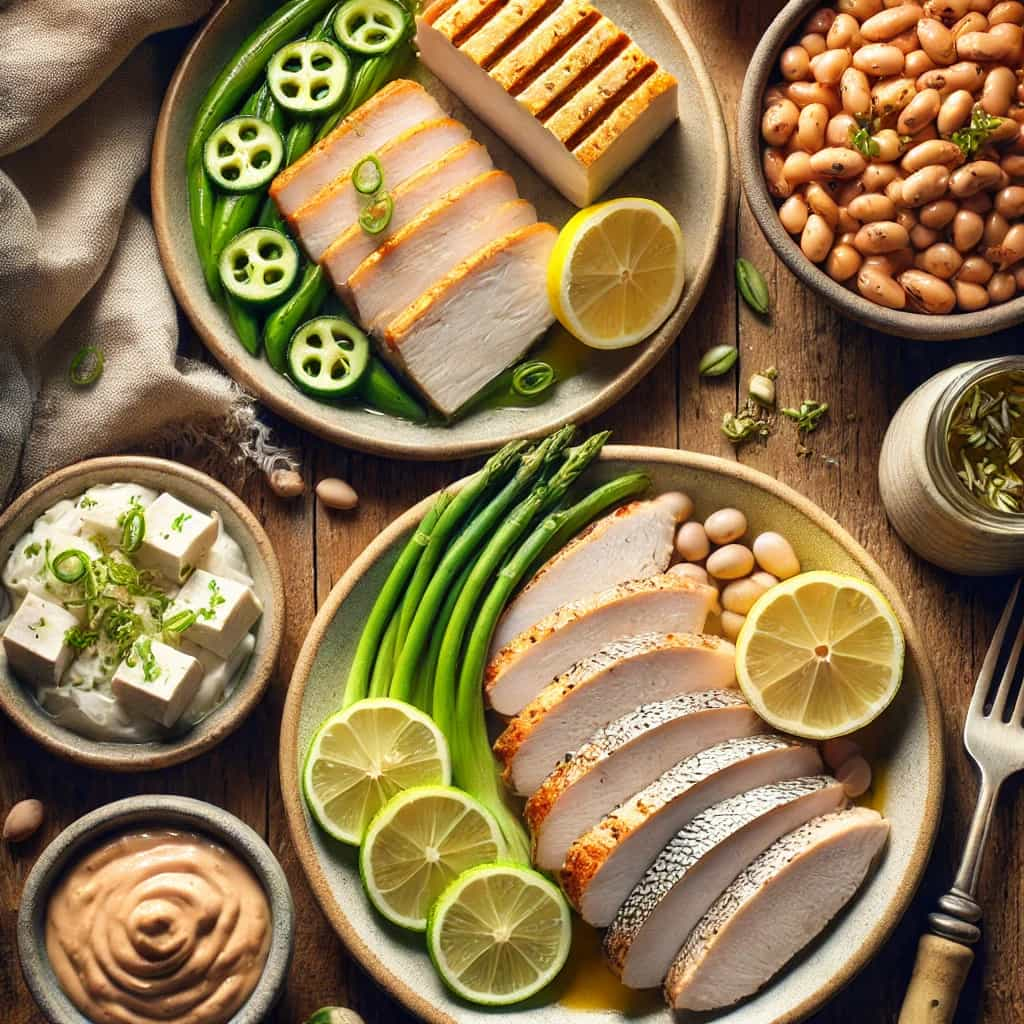

- Turkey or Chicken
- Soft Tofu
- Fish
- Soft Beans
- Nut Butter
Soft Fruits and Vegetables
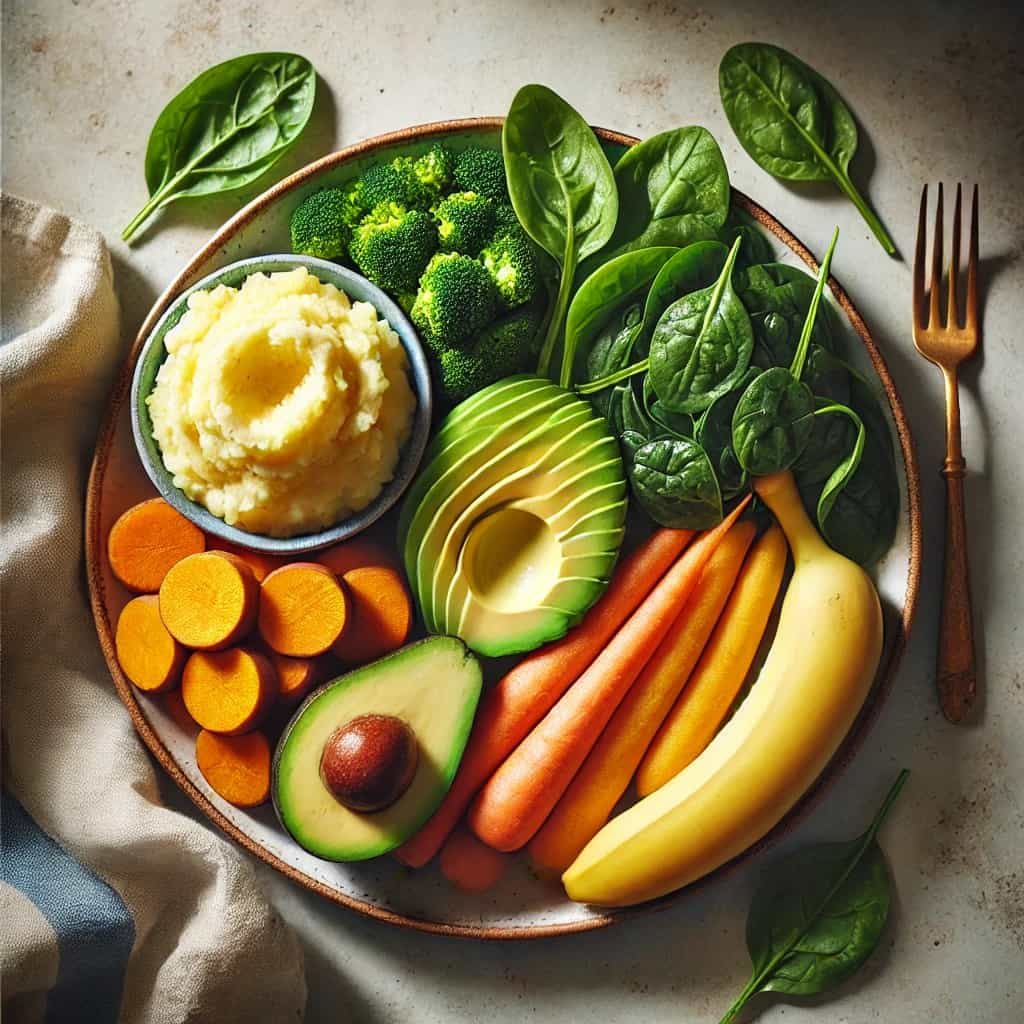

- Mashed Potatoes or Sweet Potatoes
- Avocado
- Cooked Carrots
- Ripe Bananas
- Well-cooked Spinach and Greens
Soft grains and carbohydrates
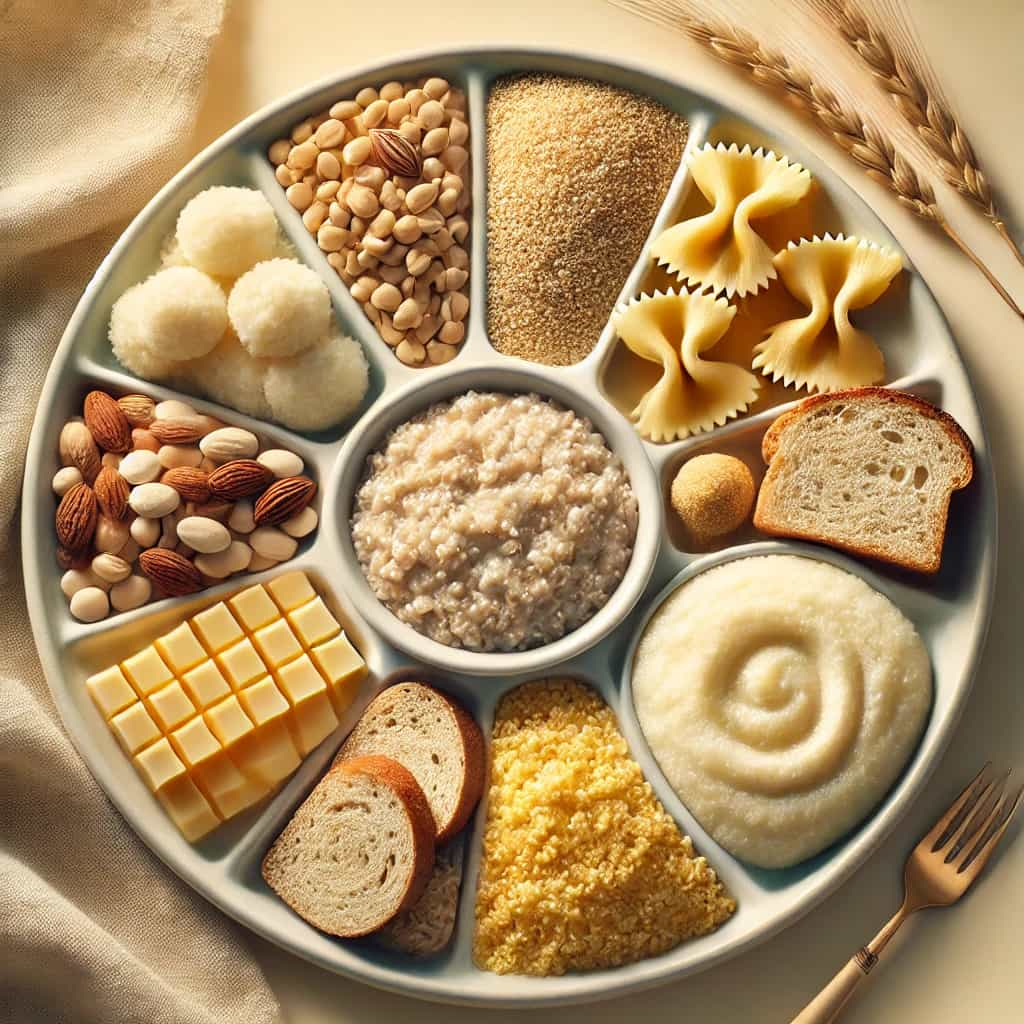

- Oatmeal
- Soft rice
- Quinoa
- Pasta
- Soft bread
- Polenta or grits
Soft Food Diet for Post-Surgery Recovery
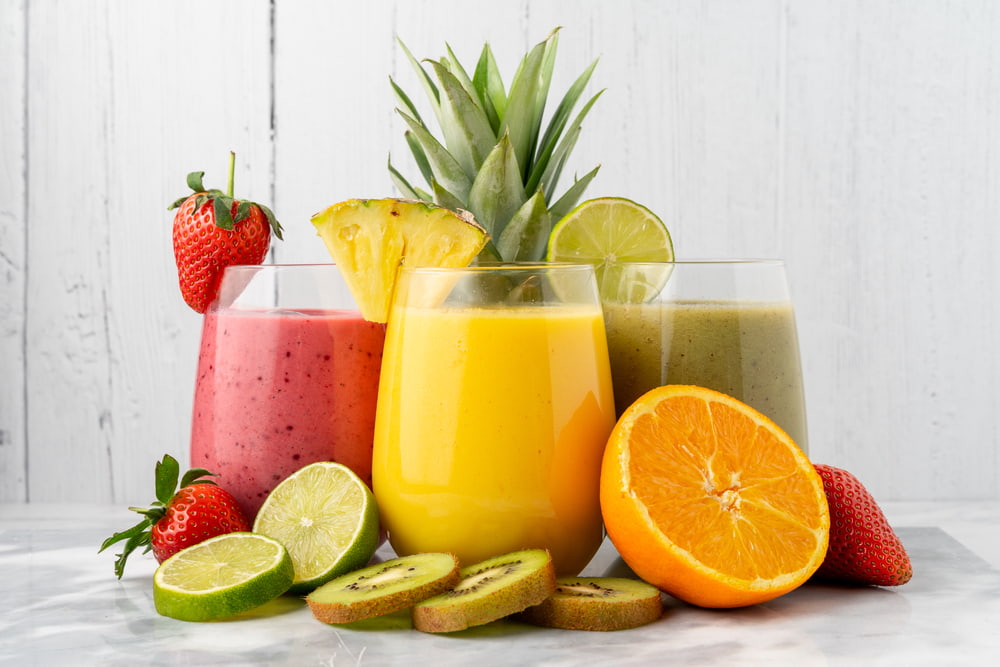

The consumption of beneficial food items is a requirement for those who have had surgery. This is a list of some of the soft kinds of food to eat after surgery that help to heal the wounds.
Protein-packed: Scrambled eggs, blended soups, soft tofu, Greek yogurt
Hydrating: Fruit smoothies, broth-based soups, applesauce
Soft to digest: Mashed potatoes, cooked carrots, soft rice
Energy-boosting: Oatmeal, soft whole-wheat toast, peanut butter
Avoid spicy, acidic, or difficult-to-digest foods, such as citrus fruits, fried foods, and raw vegetables.
Soft Food Diet for Seniors


Doctors recommend nitrates and soft diet for quick healing and pain reduction. If you’re struggling with any health problem, from tooth removal and colonoscopy to surgery, then, without a delicate, nutrient-rich, and savoring dishes, you will recover faster, and it will ensure no complications will come in your way.
High-protein foods: eggs, soft meats, dairy products, and beans
Fiber-rich foods: soft fruits, well-cooked vegetables, and oatmeal
Calcium sources: milk, cheese, and fortified smoothies
Healthy fats: avocado, nut butter, and olive oil
Seniors should avoid tough meats, hard bread, and crunchy foods that are difficult to chew.
Soft Food Diet After Dental Surgery
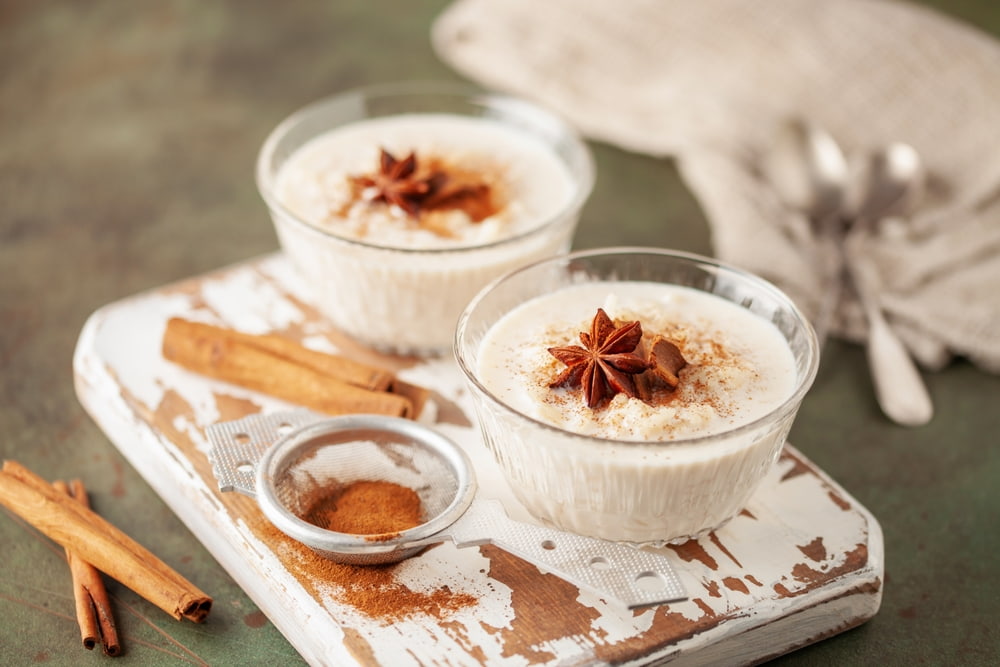

Do not chew hard foods; your mouth may be tender after dental work. Stick to:
- Fabulous, soft foods like yogurt, pudding, and applesauce
- Blended soups and smoothies for easy nutrition
- Soft proteins like scrambled eggs and tofu
- Mashed vegetables like sweet potatoes and carrots
- Well-cooked rice or pasta for easy chewing
A soft food diet doesn’t have to be visually uninteresting or nutrient-deprived. With a bit of ingenuity, one can enjoy a variety of flavors, nutrients, and healing to facilitate digestion and maintain general well-being. Even in case, you’re still in a state of recovering after surgery, or let’s say you’ve been having trouble with your teeth, or if you need meals that are easier to eat for an older person in your family, you can still have some exciting and tasty soft food options.
Close your attention to high-protein foods like Greek yogurt, eggs, soft tofu, and fiber-filled fruits and vegetables such as mashed sweet potatoes and cooked carrots. Also, take in healthy fats like avocado and nut butter to keep your energy level high.
More than anything else, pay attention to the signals of your body and the gradual reintegration of solid foods into your diet as you recover. People can prepare healthy foods and moderately eat them so that a soft diet will become both nutritious and enjoyable.




